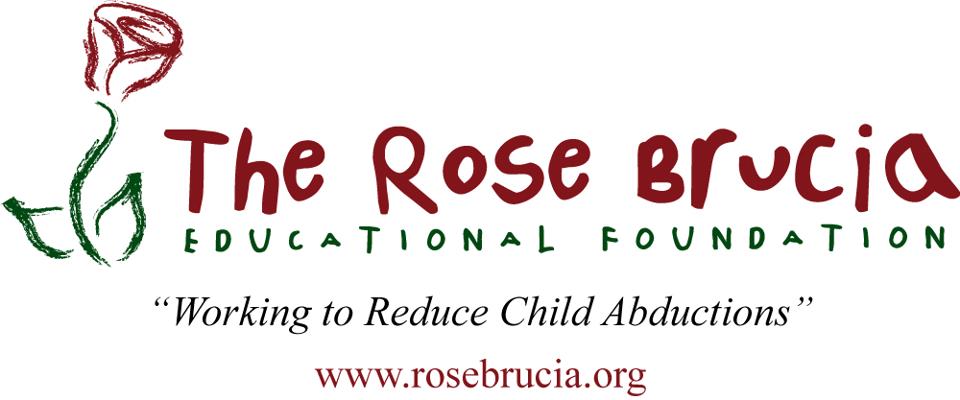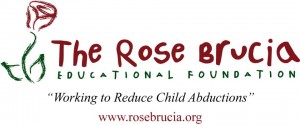Editor’s Note: The following column was written by former Sachem teacher Patrick M. Chierichella, who is the Educational Coordinator of The Rose Brucia Educational Foundation.
I enjoy the Sunday edition of the New York Times. I look forward to the various sections: Arts and Leisure, Week in Review, Sports, the Magazine and Travel. But most of all, I love reading the Book Review. While I do not rush out and buy every title that catches my eye, I find that I do go to the library and look for titles to which the reviewers refer in their opinion piece. Of late, I came across a review of An Enlarged Heart by Cynthia Zarin. What struck me was the quote excerpted from her work that the reviewer boldly placed in the middle of the article. “We learn more than we ever wanted to know about things we wish we’d never heard of,” Zarin writes. THAT sentence caught my eye.
“Live and learn!” Wasn’t that one of those adages our parents were fond of?
- Be too trusting of a friend or even a relative – Live and learn!
- Don’t study for a test – Live and learn!
- Forget to fill the gas tank for that barbecue – Live and learn!
- That used car salesman you trusted?
- I’m sure you’ve heard these words before: “should have, could have, would have”.
You are the primary teacher of your child/children. You teach them to talk, to learn their ABC’s, to learn to count. You teach them fundamentals for sport, dance, social skills and personal hygiene. I smile when I see the car commercial in which a father is teaching his son how to throw a baseball. It is at once touching, awkward, even painful, but still a life lesson: a father teaching a skill to his son. Isn’t it amazing how children will do their utmost to copy their parent? Do you practice EDITH (Exit Drills in the House)? I remember reviewing this strategy with my children over 35 years ago.
Do you work on this necessary awareness skill? Can your child/children describe their personal space? A simple activity such as having the child stand with arms stretched to the sides is a good start in attaining a working definition of personal space. Have the child turn in a circular path. The area contained within this circle is the child’s personal space. Show the child your personal space. Have the child compare the two areas. Kristyn Crow blogs Activities that Teach. She proposes the following: Explain that this area is his “personal space.” Now you do the same and demonstrate “your” space. This helps the child to visualize what the space “looks” like. Now put your arms down at your sides and have your child slowly walk toward you. Tell him to stop just before he thinks he has reached the edge of your personal space. When he stops to make his guess, raise your arms out straight and slowly turn in place. If you bump him with your arm, he has to try again.
- Ask the child who should be allowed into their personal space.
- Ask the child a reason for letting those people into that space.
- Impress upon the child the need to keep another person’s space from touching or overlapping his/her space, especially if the child does not know the person, be it man, woman or child.
- Make it similar to a game of tag: you the adult are “IT” and if your personal space touches the child’s personal space, the child becomes “IT”. As the child becomes adept at avoiding being tagged, change the emphasis to increasing the time he/she avoids being tagged. This activity is simple and easily taught.
Why urge teaching young children such skills? The world changes minute by minute. Our children and grandchildren live in a world fraught with peril. In the fall of 2012, there were numerous reported incidences of attempted child abductions in Bergen County, New Jersey. In October 2012, Jessica Ridgeway was abducted and murdered in Colorado. Again, in October of 2012, Autumn Pasquale was abducted and murdered in Gloucester County, New Jersey. Recently, in Deer Park, New York, there were reported incidents of children on the way to school being approached by strangers in cars. It doesn’t stop.
This awareness teaching has to begin early and be reinforced throughout a child’s life. The odds for dire consequences are statistically long. Would any of us like to be on the losing end of a bet about our children’s safety? A friend of mine, a personal trainer, strength and conditioning coach and a member of the staff of the WNBA’s Connecticut Sun, always has some thought-provoking statement on her website. She quotes John Wooden: If you don’t have time to do it right, when will you have time to do it over?
That is so applicable to the issue at hand. Our children’s safety is of paramount concern. We have to get it right! That’s why we are here. Our special thanks to the Parkville Elementary School of the Great Neck Public School for trusting us to present our program at a PTO meeting that was attended, not only by concerned parents and teachers at the site, but also by superintendent Thomas Dolan and members of his central office administration. Our program does not succeed without the trust and support of parents such as: Maria Angelaras, president of the Parkville PTO; principal Debra Shalom and social worker Judi Kohn. They had enough faith in us to ask us to put on two performances of our introductory lessons to the pre-Kindergarten and Kindergarten classes. To the staff at Parkville, a huge Thanks! After our most recent performance, a teacher approached us and applauded our efforts. I said, “I hope you will have us back.” I got the words I wanted to hear: Oh, you will be back here!
Let us help.
About The Rose Brucia Educational Foundation
Founded by Matthew J. Barbis after his 11-year-old cousin, Carlie Brucia, was abducted and murdered in Sarasota, FL in 2004. The Rose Brucia Educational Foundation’s goal is to reduce the number of child abductions in the U.S. by educating and empowering young minds with the knowledge necessary to avoid abduction. Utilizing puppets and a formalized educational curriculum, the foundation provides elementary-aged children with the Stranger Safety Awareness Program, free of charge. The Rose Brucia Educational Foundation is a 501(c)3 nonprofit organization.

